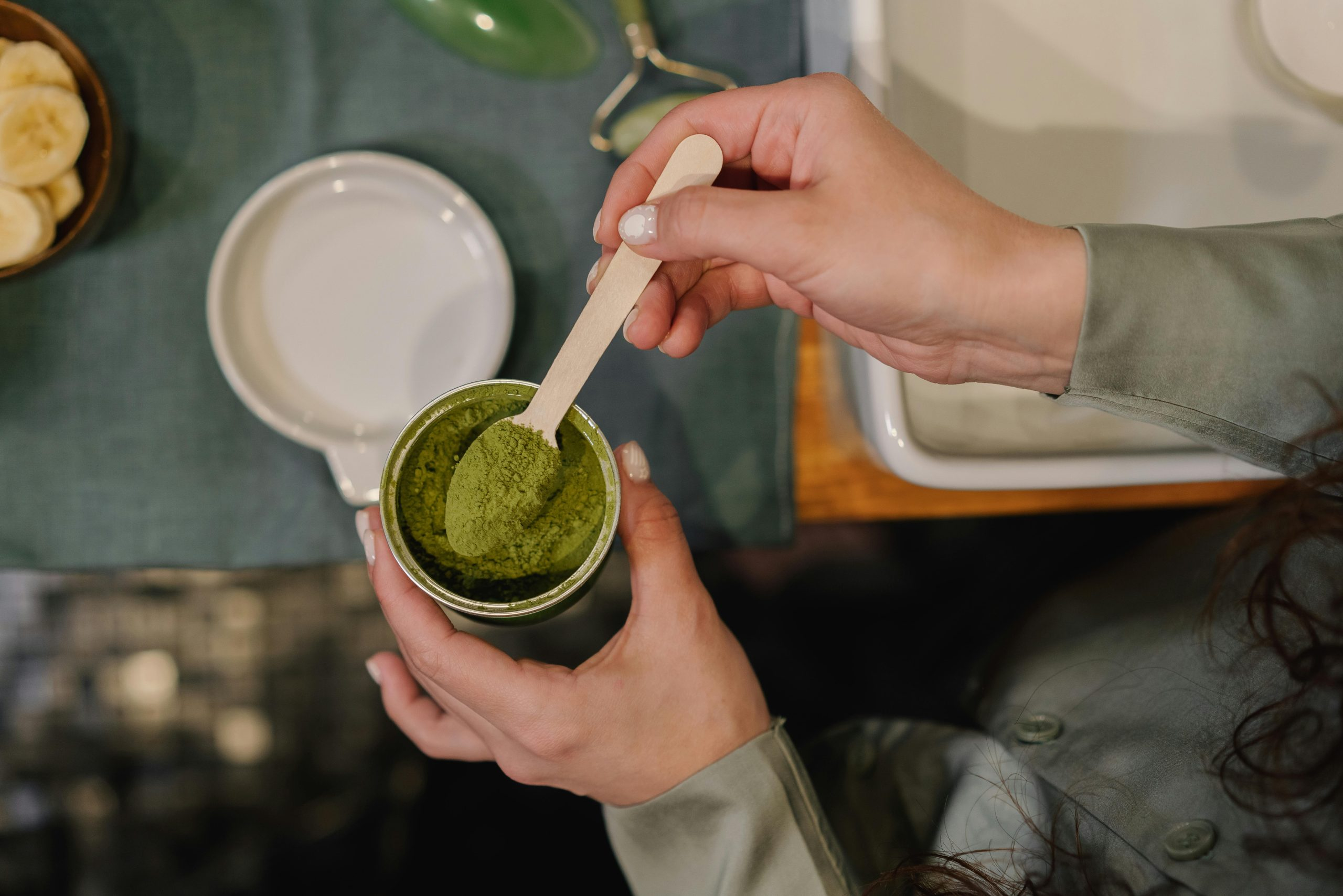Plant and algae-based foams replace traditional shoe soles
The fashion industry is full of innovation, constantly seeking new materials and methods to make their products more sustainable. In recent years, there has been a surge in demand for more eco-friendly footwear. As a result, shoe companies are turning to plant and algae-based foams as an alternative to traditional shoe soles. These new types of foams are not only beneficial for the environment, but they also provide better performance and comfort for the wearer. Let’s take a closer look at how plant and algae-based foams are replacing traditional shoe soles and revolutionizing the footwear industry.
What Are Plant and Algae-Based Foams?
Plant and algae-based foams are made from natural ingredients, such as algae, corn, and soybeans, rather than petroleum-based materials. These sustainable foams are a bio-based alternative to the synthetic foams commonly used in footwear production. They are created through a process of fermentation and can be molded into different shapes and densities, making them ideal for shoe soles.
The Benefits of Using Plant and Algae-Based Foams
There are several benefits to using plant and algae-based foams in shoe production. The most significant advantage is their positive impact on the environment. By using renewable resources, these foams reduce the carbon footprint generated by traditional shoe manufacturing. They also contribute to reducing the amount of plastic pollution in our oceans, as algae is a major source of marine pollution.
In addition to being more sustainable, these foams also offer superior qualities compared to traditional materials. Plant and algae-based foams are lightweight, providing a lightweight yet supportive sole for shoes. They also have a high-energy return, which means they can absorb shock and return the energy to the wearer’s feet, reducing fatigue and discomfort. These foams are also highly flexible and durable, providing long-lasting support for the feet.
Plant and Algae-Based Foams vs. Traditional Shoe Soles
Traditional shoe soles are typically made from synthetic materials such as plastic and rubber. These materials often require the use of harmful chemicals and are not biodegradable, contributing to landfill waste. They can also emit toxic fumes during the production process, which can harm both the workers and the environment.
In contrast, plant and algae-based foams are biodegradable and do not release toxic chemicals during production. This makes them a safer and more environmentally-friendly option. They also offer better breathability and moisture wicking properties, keeping feet dry and comfortable. Additionally, plant and algae-based foams can be easily customized to fit any shoe design, making them a versatile and innovative material.
The Growth of Plant and Algae-Based Foams in the Footwear Industry
The use of plant and algae-based foams in the footwear industry is gaining momentum, with many major brands incorporating them into their designs. Adidas, for example, recently launched a fully plant-based shoe named “Futurecraft Loop” with a sole made from algae-based foam. Similarly, Allbirds, a popular footwear brand, has introduced a line of shoes with a sole made from algae, making them not only sustainable but also odor resistant.
These developments are indicative of a larger shift in the footwear industry towards more sustainable practices. As consumers become more conscious of their environmental impact, they are demanding more sustainable options. With plant and algae-based foams as a viable alternative, we can expect to see more and more shoe companies using them in their production processes.
Conclusion
Plant and algae-based foams are quickly gaining traction in the footwear industry, and for good reason. Their sustainable nature, coupled with their superior qualities, is making them a popular choice for shoe soles. As consumers continue to prioritize sustainability, we can expect to see the continued use of these innovative materials in shoe production. Plant and algae-based foams are not just replacing traditional shoe soles; they are revolutionizing the way we think about footwear and its impact on the environment.










